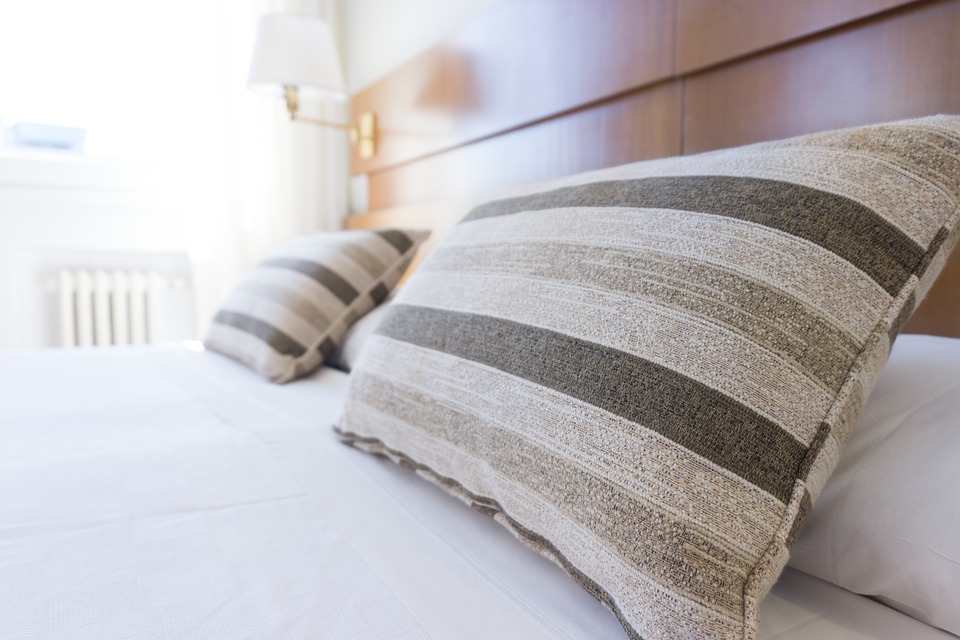Lack of Sleep Linked to Alzheimer's

People who don't get enough sleep at night may have a higher risk of developing Alzheimer's later in life, according to a recent study.
The Alzheimer's Association reports that roughly 1 in 3 seniors will die from Alzheimer's or some other form of dementia. The Association goes on to say that by 2025, the number of people affected by this disease will reach 7.1 million. Breakthroughs in medical science have allowed for earlier detection and better treatment to slow down the progression of Alzheimer's, but there's more work that needs to be done. Researchers from this recent study, however, are now stressing the importance of sleep, as getting a good night's rest may help protect against Alzheimer's.
Researchers have theorized about a possible link between sleep (or lack thereof) and Alzheimer's for years now. It wasn't until 2009, however, when researchers from the Washington University in St. Louis conducted a study in which they found that elevated levels of plaque in the brains of mice that had gotten little-to-no sleep. This prompted researchers to further investigate the correlation, believing that lack of sleep could increase the chances of Alzheimer's disease.
Fast forward to 2013, and researchers discovered that lack of sleep could speed up the plaque development that's commonly associated with Alzheimer's. When you don't get enough sleep, plaque begins to build in the brain. Over time, this can lead to Alzheimer's as well as other forms of dementia.
"Changes in sleep habits may actually be setting the stage for dementia," says Jeffrey Iliff, a brain scientist at Oregon Health & Science University in Portland.
But getting a good night's sleep is easier said than done. After all, it's estimated that roughly half of the U.S. adult population suffers from some type of sleep and/or wakefulness disorder. If you struggle to fall asleep or stay asleep at night, there are a few things you can do to promote a more peaceful night's rest. For starters, eliminate all sources of light, noise and other distractions from your bedroom. Whether it's light glaring through the door or the TV playing in the background, these distractions can make it difficult to fall asleep. You can also promote healthy, peaceful sleep by exercising throughout the day, as this depletes your body's energy so you can fall asleep faster at night.
Recent Posts
-
Fire Safety in the Workplace: What You Need to Know
What steps are you taking to prevent fires in your workplace? According to the U.S. Occupational Saf …Aug 23rd 2023 -
Is It Safe to Go Jogging With a Cold Infection?
If you're suffering from a cold infection, you might be wondering whether it's safe to go jogging. T …Aug 22nd 2023 -
5 Safety Tips to Follow When Using a Powder-Actuated Tool
Powder-actuated tools are commonly used to join materials to steel and concrete. Also known as Hilti …Aug 20th 2023




